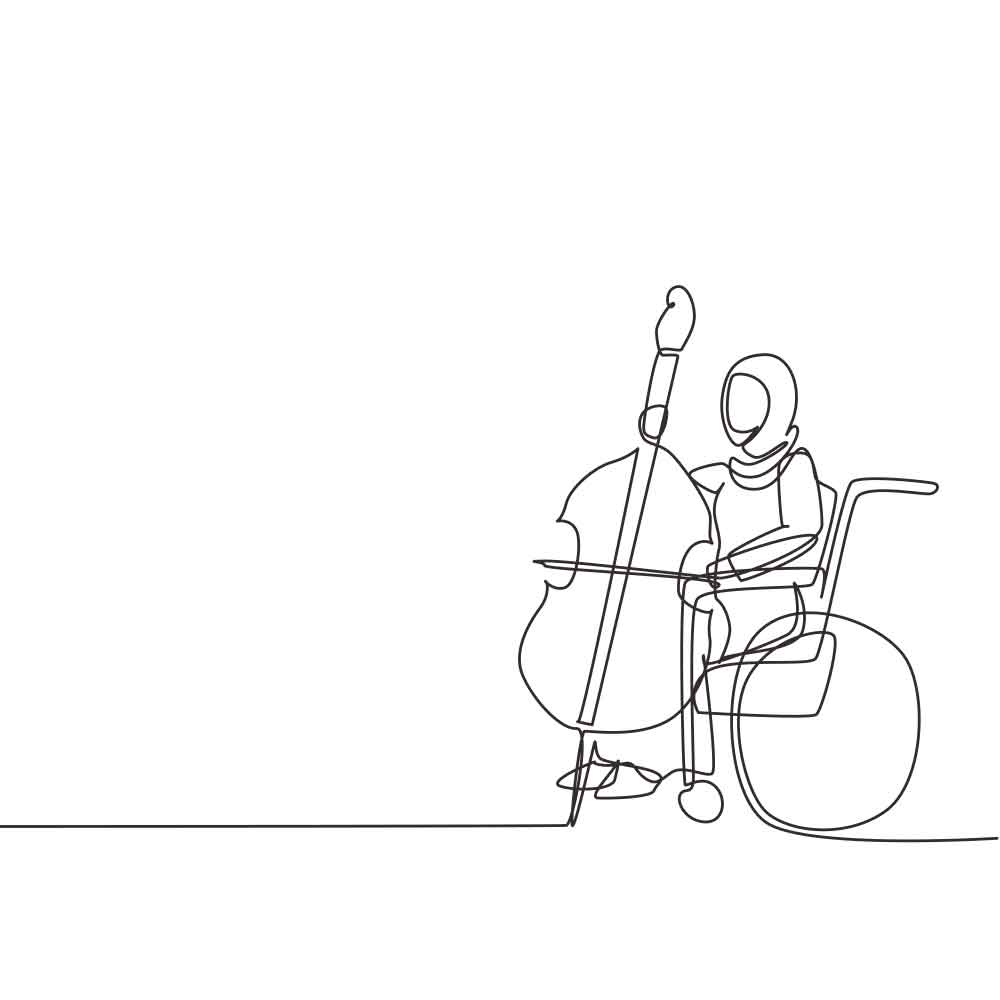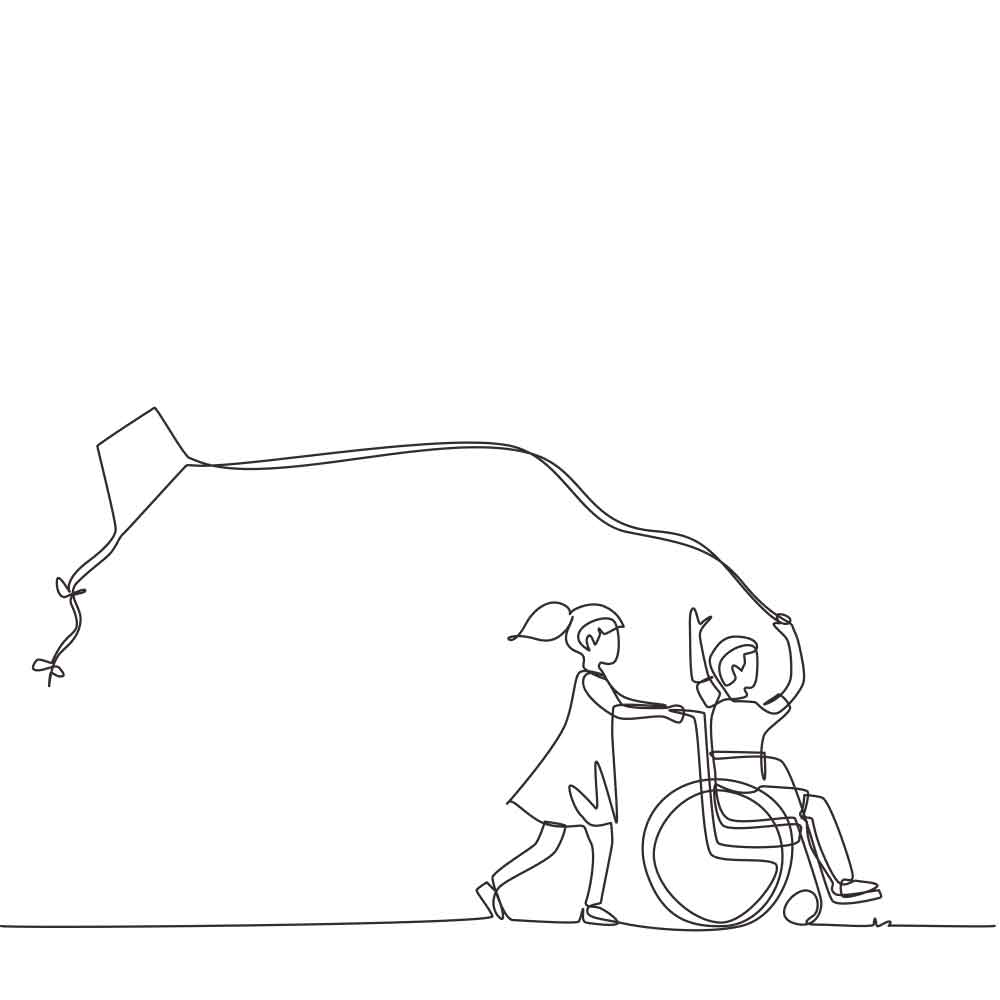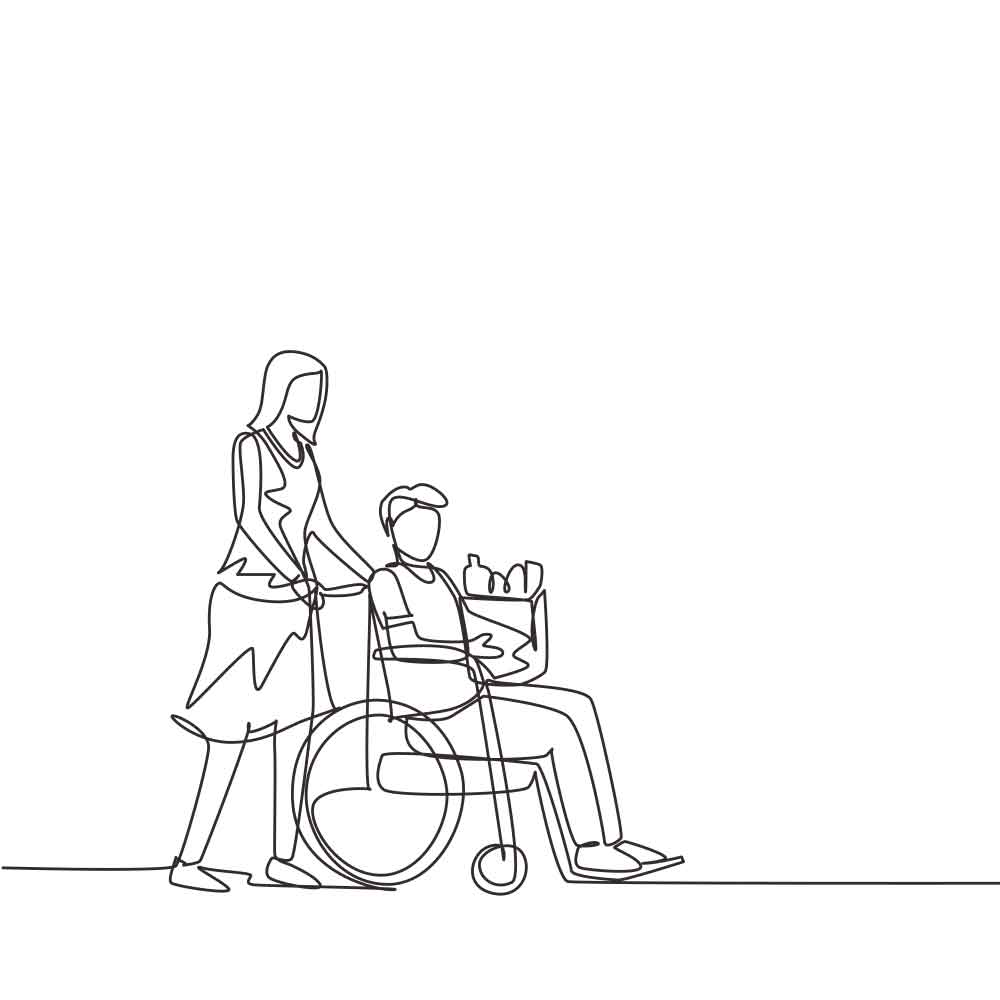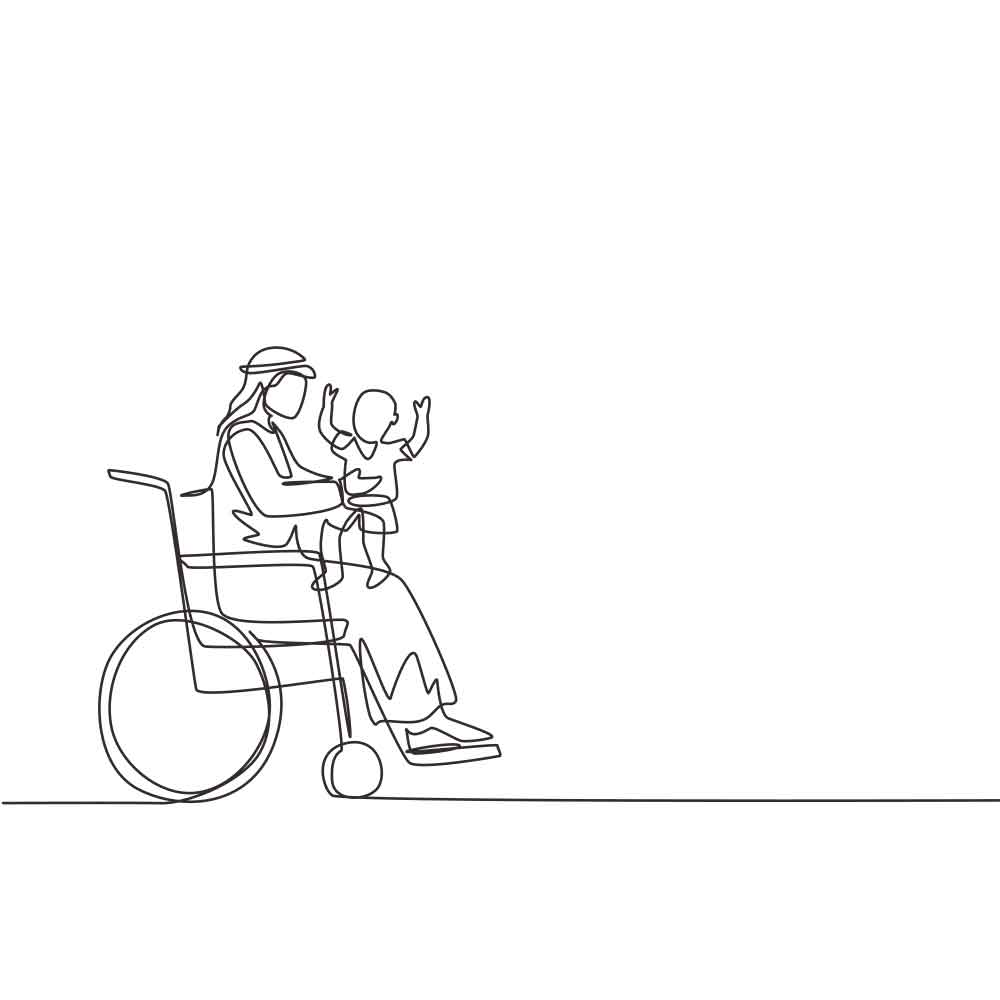As the world marks the International Day of Persons with Disabilities (IDPD) on December 3, 2024, the theme “Amplifying the Leadership of Persons with Disabilities for an Inclusive and Sustainable Future” serves as a profound call to action. It reminds us that inclusion is not an abstract ideal but a shared responsibility—one that begins with how we connect with one another.

Empathy, not sympathy, is the cornerstone of this connection. Sympathy often creates a dynamic where persons with disabilities are perceived through a lens of pity, diminishing their agency and contributions. Empathy, however, nurtures understanding, respect, and solidarity. It shifts the focus from “what someone cannot do” to “what they bring to the table.”
Cultivating Empathy in the Next Generation

Building a truly inclusive world begins with children. By teaching empathy early, we plant the seeds of understanding and acceptance that will bloom in the communities of tomorrow. When children interact with persons with disabilities—whether through shared activities, storytelling, or classroom discussions—they learn to see them not as “others” but as equals with unique abilities and aspirations.
Consider the profound impact of simple actions: creating spaces where children of all abilities play together, celebrating the achievements of individuals with disabilities in history and culture, or inviting leaders with disabilities to share their journeys. These experiences teach children that diversity enriches rather than divides.
A Global Call for Representation
With over 1.3 billion people—16 per cent of the global population—living with disabilities, the push for inclusion is urgent. Yet, barriers persist. For instance, children with disabilities are 42 per cent less likely to acquire basic literacy and numeracy skills and face significant hurdles in accessing education. Adults with disabilities often encounter systemic discrimination in the workplace and healthcare systems, further entrenching cycles of exclusion.
The 2024 IDPD theme focuses on leadership, recognizing that real progress requires the voices of persons with disabilities to be central in decision-making processes. Whether in government, health, or education, their insights are invaluable in shaping policies that are equitable and sustainable.
Moving from Awareness to Action

Empathy must translate into action. Communities, governments, and institutions must work together to remove barriers—physical, attitudinal, and systemic. This includes prioritizing universal design in infrastructure, ensuring equitable access to education, and amplifying the achievements and leadership of individuals with disabilities.
As we strive toward the United Nations’ 2030 Sustainable Development Goals, amplifying these voices isn’t just a moral imperative—it’s a pragmatic necessity. Inclusive policies lead to stronger, more resilient communities.
A Vision for Tomorrow

Imagine a world where everyone, regardless of ability, feels seen, valued, and empowered. This vision starts with how we approach each other today. Let us teach our children not just to tolerate differences but to celebrate them. Let us amplify the voices of those too often unheard. And let us honour the leadership of persons with disabilities, recognizing that their contributions are essential to a sustainable future.
This International Day of Persons with Disabilities, let’s commit to fostering empathy over sympathy, to embracing inclusion as a shared value, and to building a world that reflects the dignity and potential of every individual. Together, we can create a legacy of compassion and inclusion that resonates for generations to come.